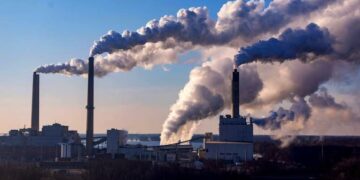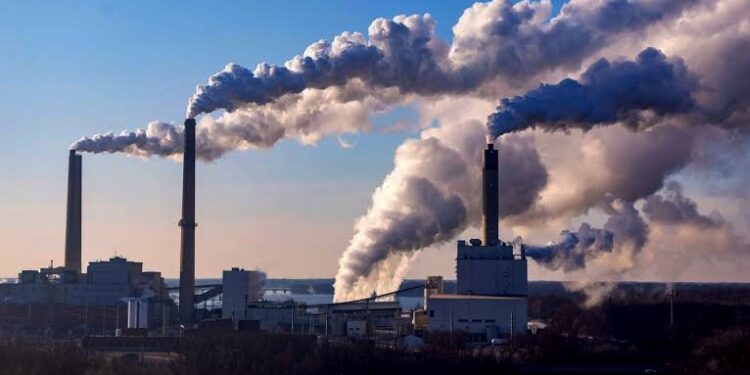By John Ikani
Germany has said the deteriorating gas market situation means Europe’s largest economy must limit the use of natural gas for electricity production and burn more coal for a “transitional period.”
The measure which would cost about 15 billion euros ($15.8 billion) at current prices was announced days after Moscow slashed deliveries on its main gas link to Europe, hitting supplies to Germany and creating a knock-on effect for France, Austria and the Czech Republic.
Since European countries imposed sanctions to punish Moscow following Russia’s invasion of Ukraine in February, Russia has responded by cutting off gas supplies to several European countries. Last week, the Russian energy giant Gazprom also reduced flows through the Nord Stream pipeline, an important undersea link that carries gas directly to Germany.
Gazprom blamed maintenance issues for the reductions, but European leaders have called the move a political tactic by President Vladimir V. Putin of Russia.
Germany’s move to bring back plants burning the heavily polluting fossil fuel is the latest sign of how Europe’s climate fight is taking a back seat as governments seek to hedge against energy shortfalls provoked by President Vladimir Putin’s invasion of Ukraine.
“That’s bitter, but it’s almost necessary in this situation to reduce gas consumption. We must and we will do everything we can to store as much gas as possible in summer and autumn,” Economy Minister Robert Habeck on Sunday.
“The gas storage tanks must be full in winter. That has top priority,” he added.
Germany has relied heavily on energy imports from Russia for decades. Last year, Russian imports accounted for 55 percent of the country’s natural gas supply. But after Moscow’s Feb. 24 invasion of Ukraine, Berlin began purchasing gas from Norway, the United States and the United Arab Emirates, reducing its purchases from Russia by about 20 percent.
The government has nevertheless insisted that Russian gas will be needed to ensure storage tanks are at least 90 percent full by November — in keeping with a law passed earlier this year to ensure a sufficient supply of natural gas, which is used largely for heating and manufacturing. One-third of Germany’s homes are heated with natural gas, while it is used for only about 15 percent of all electricity generation.
A law allowing a return to the use of coal in power generation is expected to pass next month. By the end of the summer, a model should be in place that would allow companies to auction gas, as part of efforts to encourage Germany’s industrial sector to reduce its reliance on the fuel.
The administration of German Chancellor Olaf Scholz also plans to offer industry incentives to reduce gas consumption and make unneeded supplies available for storage. The credit lines to refill reserves will be provided by state-owned lender KfW, the Economy Ministry said on Sunday.
While the government didn’t immediately provide details on the size of the program, German gas storage is at about 57% of capacity. Buying the nearly 120 terawatt hours needed to top up the facilities would cost about 15 billion euros at current rates of 123 euros per megawatt hour.




































